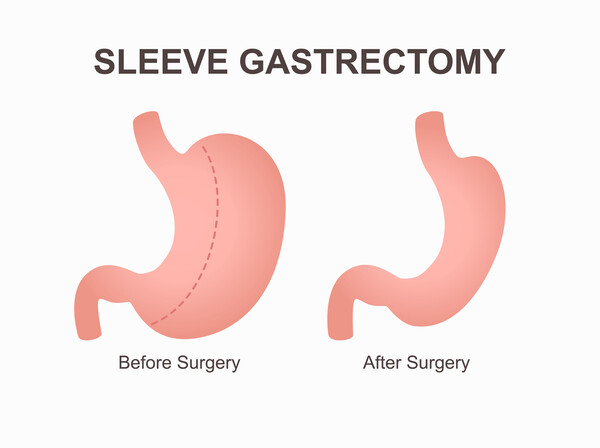
“Bariatric surgery referrals -- why are doctors uncooperative with them?”
That was the title of a lecture I was asked to give at the Korean Society of Hypertension sectional meeting in 2017. The title was provocative, and I still remember feeling slightly embarrassed then.

Late last month, while preparing for another lecture, I stumbled across the presentation and flipped through the slides. The topic seemed to resonate with me now, seven years after I moved to a secondary hospital.
In bariatric metabolic surgery, the percentage of patients who meet the indications for surgery is called the penetration rate. Despite more than 60 years of history, numerous clinical outcomes, and international evidence, the global penetration rate is still less than 1 percent.
There was a temporary increase in Korea after introducing health insurance coverage in 2019, but the penetration rate has since stagnated at less than 0.1 percent.
Various explanations have been proposed for the low uptake, with cost being the most frequently cited factor. However, despite the expansion of insurance coverage in most major countries over the past decade, there has been no clear rebound in uptake. Societal stigma against obesity, lack of education in medical schools and residencies, and exaggerated or misleading information spread through social media have also been cited as contributing factors. Nevertheless, they still fail to get to the heart of the problem, leading to vague diagnoses.
Studies have shown that bariatric surgery is the highest-quality evidence-based treatment for obesity and type 2 diabetes. It is included in standardized guidelines, and insurance coverage has removed some financial barriers. It should be a natural progression for physicians in relevant specialties to refer patients who meet the indications for surgery. However, referrals still fall short of expectations.
In my 2017 lecture, I proposed the keyword “Integrity” to answer this question. I remember quoting a sentence from a British sociologist. The point was simple. The question is not “the other guy” but “us.” Were we -- the surgeons -- ready to take on the patient? Did we demonstrate sufficient trust and competence that other surgeons would feel comfortable entrusting us with their patients?
It's been seven years since health insurance covered bariatric metabolic surgery, and public perception is much better than it used to be. However, there is still a long way to go regarding collaboration between healthcare providers, especially regarding referrals.
We are now at a point where we need to examine ourselves. We need to take a hard look at whether the changes and efforts we've made have been truly patient-focused or whether we've been too self-assured. And to step up to the plate, we must first be truly ready.

